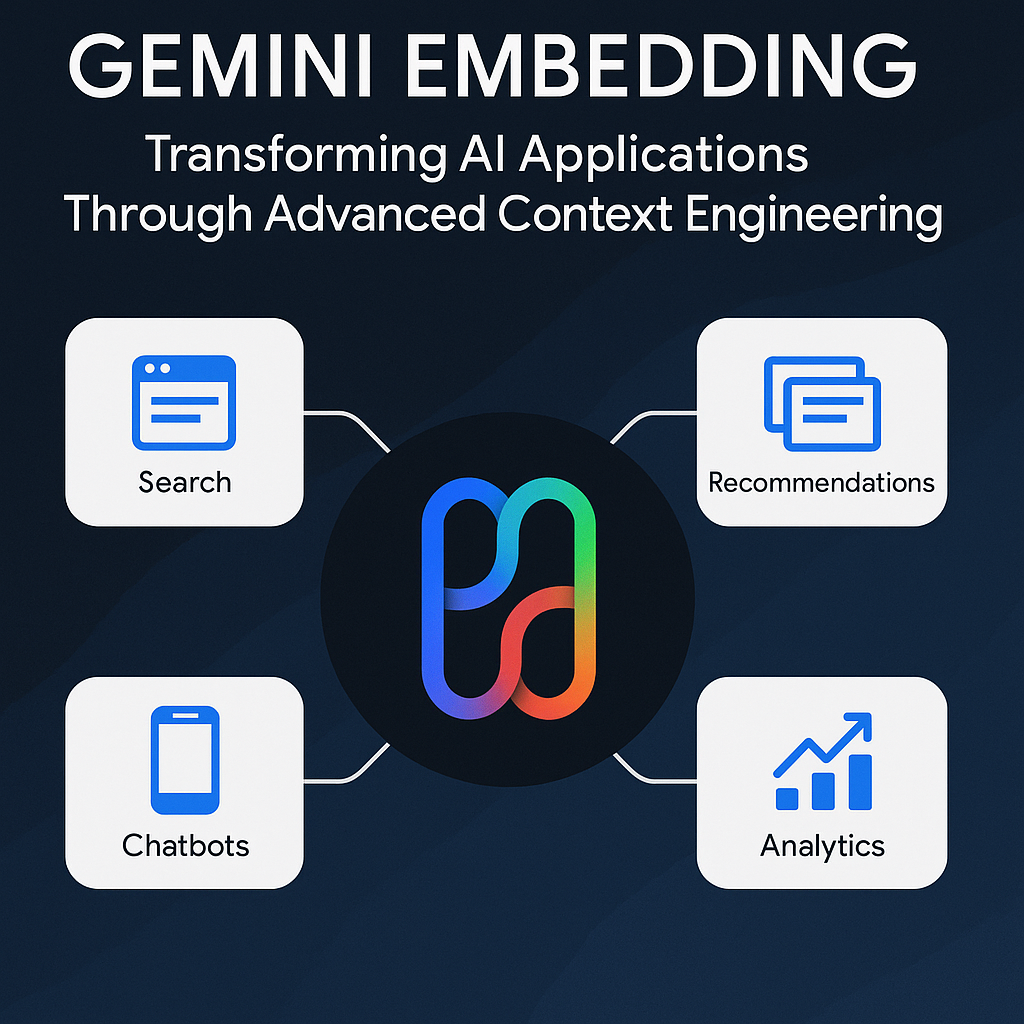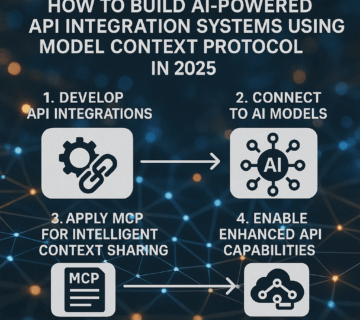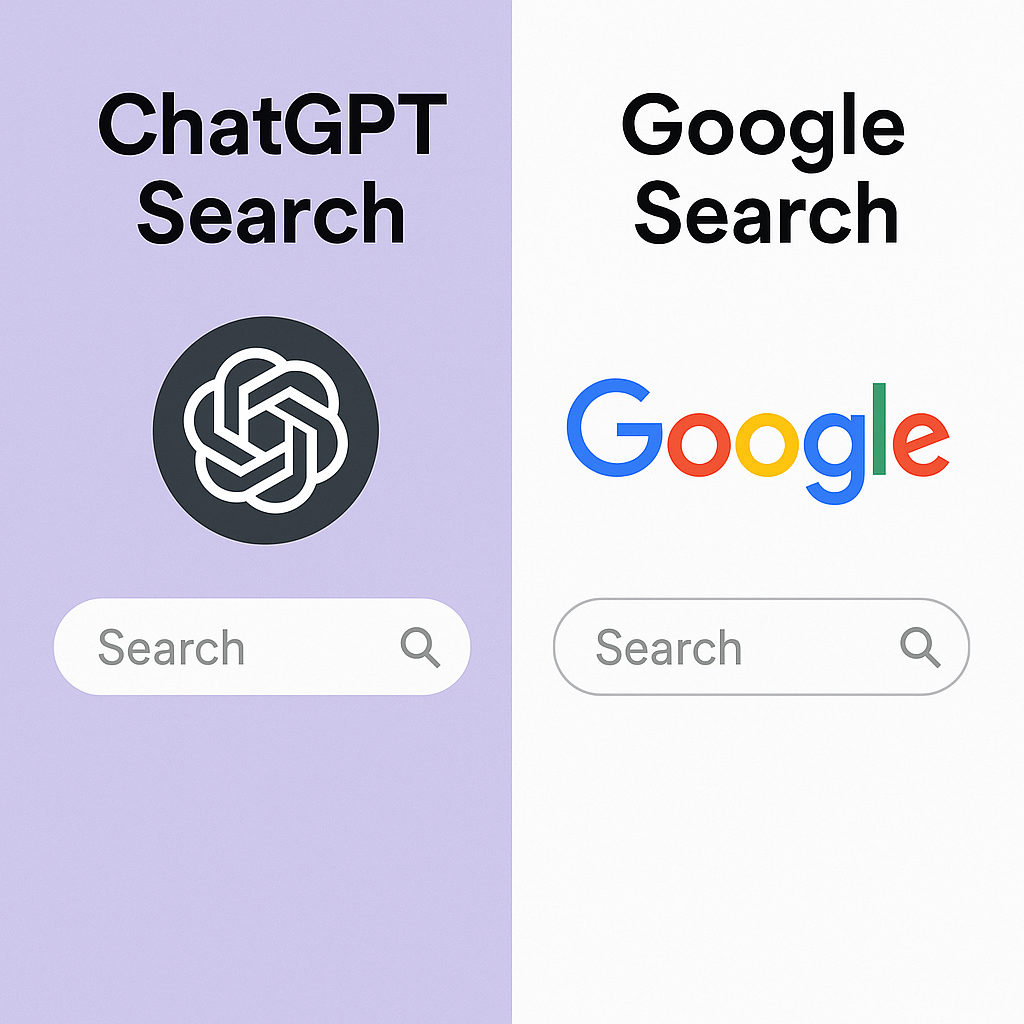
Gemini Embedding: Transforming AI Applications Through Advanced Context Engineering
Google's Gemini Embedding, a cutting-edge artificial intelligence technology designed to enhance how AI systems understand and process information by creating advanced vector representations that capture semantic meaning and context. It highlights the technology's multilingual capabilities and Matryoshka architecture, which allow for flexible resource optimization while maintaining high performance. The text then showcases real-world applications across diverse industries, including content management, financial services, legal analysis, and mental health support, demonstrating significant improvements in accuracy, processing speed, and contextual understanding compared to other solutions. Finally, the text also includes information about Technijian, an IT services provider that offers expertise in implementing and optimizing Gemini Embedding solutions for businesses, ensuring seamless integration and ongoing support. ... Read More



